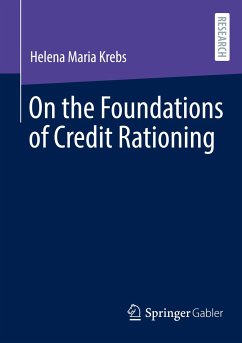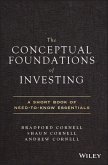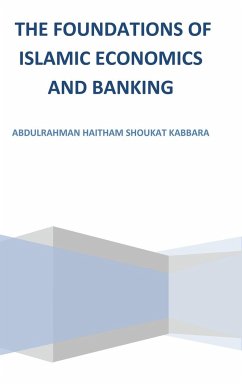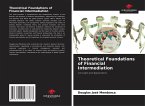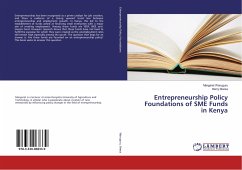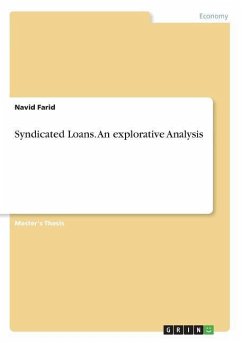Helena Maria Krebs analyzes equilibrium credit rationing when banks compete for loans and deposits in a double-sided Bertrand game. Borrowers and lenders are allowed to switch market sides. Thus, investors do not only base their decisions on loan rates, but also on opportunity costs in the form of deposit rates. Credit rationing may occur if adverse selection due to borrowers' informational advantage leads to a lower expected return on loans if the loan rate increases. In that case, banks may have an incentive to offer loan rates below the market-clearing rate. At these rates loan demand exceeds loan supply. The author reveals the important role of bank equity and its distribution: Banks with high equity offer cheap loans and reject superfluous loan applicants, whom banks with low equity then offer expensive loans. Thereby expensive banks realize a higher expected return on loans thancheap banks. Furthermore, this book is the first to formally model the process of acceptance and rejection of loan applicants as a separate stage of the double-sided Bertrand game after banks have decided on their interest rates. It is shown that for fixed chosen interest rates, the deposit and loan volumes of all banks in a subgame perfect Nash equilibrium of the resource allocation game are uniquely determined.
Bitte wählen Sie Ihr Anliegen aus.
Rechnungen
Retourenschein anfordern
Bestellstatus
Storno

